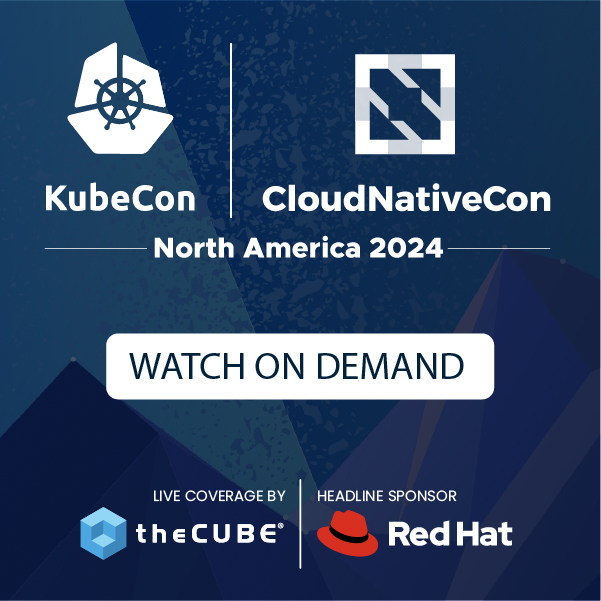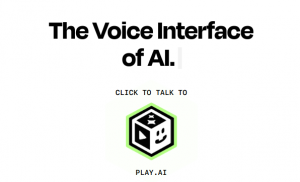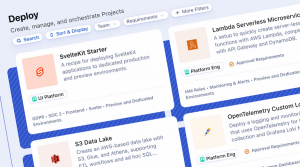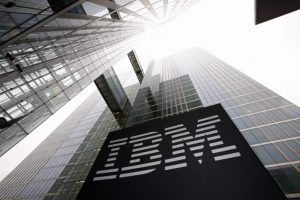Oracle Stacks the Deck with Integrated Hardware and Software: Convenience, Lock-in and Higher Prices
Each year, Oracle takes over San Francisco for a week and showcases its enormity to the world. At 40,000+ attendees, this year’s OpenWorld is bigger than ever and includes the JavaOne developer conference. Indeed, Oracle’s acquisition of Sun Microsystems last year has transformed OpenWorld, while completely altered the landscape of the IT industry. Oracle is messaging that customers should expect integrated hardware and software that are “Engineered to Work Together.”
Unlike many industry trade shows, customers here at OpenWorld look to Oracle’s ambitious plans to rule the hardware and software world with trepidation. They have good reason to be concerned. Oracle has a reputation for aggressive sales and strong arm tactics that range from raising prices in the 2009 recession to auditing customers frequently to discover software that has been installed but hasn’t been paid for by the client—often resulting in back bills of many hundreds of thousands or even millions of dollars. Customers complain that Oracle gouges them in maintenance fees and they are fearful that buying integrated solutions from one company will only make things worse. One customer summed it up this way:
I hate buying software from Oracle so why would I buy servers and storage from them?
The Oracle Cash Machine
Oracle generated more than $26B in revenue last year and put up $7.5B in revenue in its latest quarter ending in August. The company has a monster balance sheet with more than $20B in cash and investments and threw off $8.5B in free cash flow over the last twelve months. Unlike rival HP which has squeezed R&D spending, Oracle is increasing its development budget to $4B this year. Oracle boasts operating margins of 39%; 10 points higher than those of rival SAP, a company that doesn’t sell hardware.
Oracle’s newest strategy of bundling servers, storage, memory and software into a pre-configured box is paying off. Exadata, the company’s packaged data warehousing appliance has, according to Larry Ellison, a $1.5B backlog which is growing rapidly. By bundling servers and storage along with database software, Oracle is dragging along hardware which is buried in the system and not subjected to competition from third parties. At OpenWorld, Larry Ellison unveiled the Exalogic Elastic Compute “God Box” which is a VCE vBlock-like cloud-in-a-box solution with Infiniband interconnects and tons of flash.
By bundling hardware and software, Oracle is creating a built-in advantage that Sun never had—a captive base within the application and database community. What it means for Oracle’s partners like HP, EMC and NetApp is that they will increasingly be competing against bundled solutions that are highly integrated, pre-tested, pre-configured and Oracle Red.
Integrated Red Stacks
By offering integrated hardware solutions that are engineered to work together, Oracle is using its IP portfolio to ‘stack the deck’ with its integrated stack. That means best-of-breed server, storage and networking vendors are going to have to fight for the leftover sales that are non-integrated and bespoke.
By going integrated customers gain the following:
*Fewer suppliers to manage
*One throat to choke
*Higher integration
*Pre-tested configs that lower implementation risk
So what’s the catch?
*Less competition
*Less open
*Less innovation
*Higher prices
*The mother of all lock-ins
Undoubtedly many customers will do deals with the Oracle devil for the convenience factor but a price will clearly be extracted.
Recommendations to Customers on Oracle Negotiations
Your Oracle sales reps are coming to town, armed with messages of integration, simplicity and super fast database performance. They’ll also be armed with the best negotiation tactics in the business.
My advice is to treat Oracle negotiations like a project. Involve senior management, IT, lines-of-business and technical staff. Bring your best and brightest to the table and think through the chess match. Pick a project lead, set objectives, set milestones and actions, set a timeline, develop alternative strategies and work with non-Oracle suppliers to increase negotiation leverage.
If you don’t endeavor to manage Oracle negotiations in a deliberate and thoughtful manner, like you would a vital corporate project – the outcome will be simple.
You will be eaten alive, your costs will go up, you’ll be hit with audit bills down the road and you’ll be locked-in for a decade.
A message from John Furrier, co-founder of SiliconANGLE:
Your vote of support is important to us and it helps us keep the content FREE.
One click below supports our mission to provide free, deep, and relevant content.
Join our community on YouTube
Join the community that includes more than 15,000 #CubeAlumni experts, including Amazon.com CEO Andy Jassy, Dell Technologies founder and CEO Michael Dell, Intel CEO Pat Gelsinger, and many more luminaries and experts.
THANK YOU











